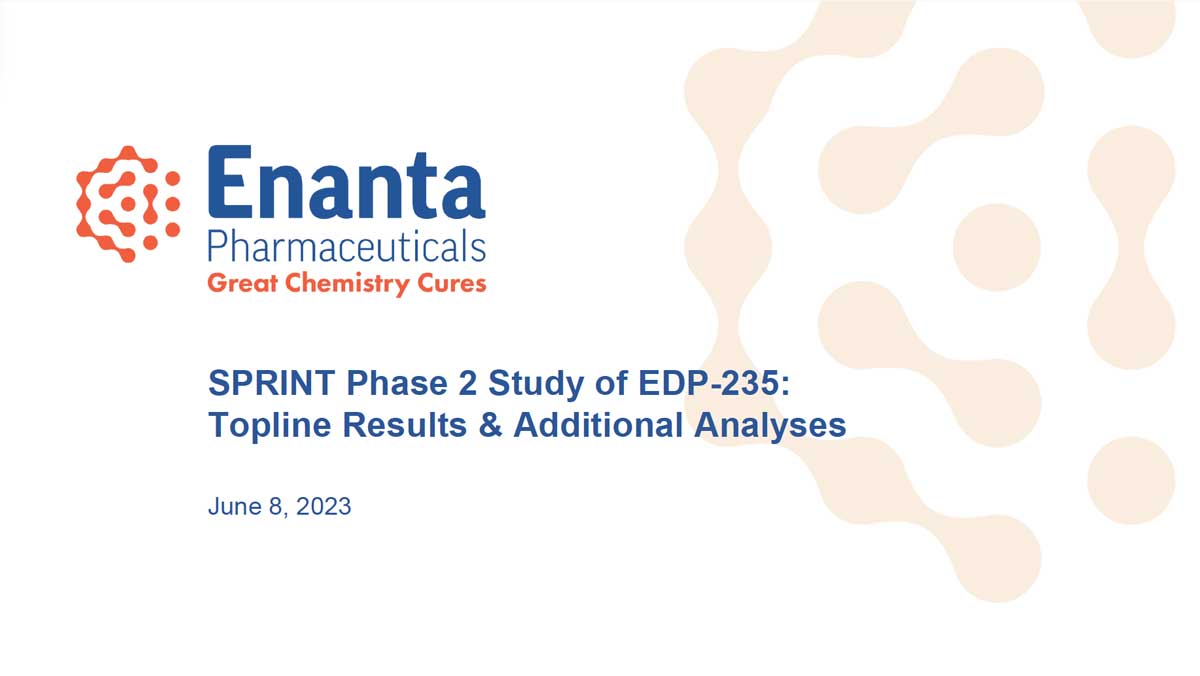About SARS-CoV-2
Coronaviruses, which are named for the crown-like spikes on their surfaces, primarily cause infections in birds and mammals.1 There are seven types of coronaviruses that are known to infect humans.2 These can lead to a range of disease in humans from upper respiratory tract infections, similar to the common cold, to lower respiratory tract infections such as bronchitis and pneumonia. However, in the last few decades, the outbreaks of severe acute respiratory syndrome (SARS) in 2003, Middle East respiratory syndrome (MERS) in 2012, and now severe acute respiratory syndrome coronavirus 2 (SARS-CoV-2), have demonstrated the deadliness of several coronaviruses when they cross the species barrier and infect humans.3
The current COVID-19 pandemic is caused by a novel human coronavirus, severe acute respiratory syndrome coronavirus 2 (SARS-CoV-2). The two previous outbreaks with the highly pathogenic SARS-CoV and MERS-CoV were quickly suppressed through rigorous infection control. COVID-19, however, has resulted in a global pandemic, overwhelming health care systems worldwide and resulting in millions of deaths around the world as well as lasting health problems of unknown duration in many who have survived the illness.
Enanta’s Approach to Treating SARS-CoV-2
Although the ingenuity of science and rapid clinical development have delivered life-saving vaccines and some therapeutics, we believe that a convenient, oral antiviral treatment that can be easily prescribed could be an important option for clinicians and COVID-19 patients. Our goal is to develop a safe, effective, once-daily, convenient antiviral with a short treatment duration for patients diagnosed with COVID-19.
Read More »
At Enanta, we initiated discovery programs for protease and polymerase inhibitors – classes of drugs long used to treat HIV and hepatitis C virus. These drugs block viral replication by inhibiting critical enzymes that are required for a virus to replicate. We have leveraged our long-standing expertise in viral protease inhibitors to discover our lead compound, EDP-235, which is being developed as an oral treatment for COVID-19.
EDP-235 is an inhibitor of the coronavirus 3CL protease, also referred to as 3CLpro or the main coronavirus protease, or Mpro, which has been granted Fast Track designation by the FDA. In addition to nanomolar activity against all SARS-CoV-2 variants, EDP-235 has potent antiviral activity against other human coronaviruses, enabling the potential for a pan-coronavirus treatment, including possibly coronaviruses that may infect human populations in the future.
Data from our randomized, double-blind, placebo-controlled Phase 1 study to evaluate the safety, tolerability, and pharmacokinetics of oral EDP-235 in healthy volunteers demonstrated EDP-235 was generally safe and well-tolerated up to 400 mg for seven days with infrequent adverse events, the majority of which were mild. Results demonstrated strong exposure multiples over the EC90, which is a measure of potency, specifically the concentration of drug that results in 90% inhibition of viral replication in vitro.
EDP-235 200 mg taken once daily with food resulted in mean trough plasma levels at steady state that were 3-fold and 7-fold over the plasma-protein-adjusted EC90 for the Alpha variant and Omicron variant, respectively, while 400 mg resulted in levels that were 6-fold and 13-fold over the plasma-protein-adjusted EC90 for the respective variants. These target exposure multiples were achieved without the need for ritonavir boosting and its associated drug-drug interactions. EDP-235 is projected to have four times higher drug levels in lung tissue compared to plasma, which would be expected to drive the 400 mg multiples to 28-fold and 52-fold for the respective variants.
In November 2022-January 2023 we conducted, SPRINT, (SARS-Cov-2 PRotease INhibitor Treatment), a Phase 2 study, in approximately 230 non-hospitalized, symptomatic adults with mild or moderate COVID-19. The study was designed to evaluate the safety, tolerability, and antiviral activity of 200mg and 400mg once-daily doses of EDP-235 compared to placebo. Patients were eligible to participate if they had symptoms for five days or less and had not received a SARS-CoV-2 vaccine or been infected with SARS-CoV-2 within 90 days of enrollment. Patients received either 200mg or 400mg EDP-235 or placebo orally with food once daily for five days.
In May 2023, we announced that EDP-235 met the primary endpoint of the trial and was generally safe and well-tolerated. A dose-dependent improvement in symptoms was observed with EDP-235 treatment compared to placebo, which achieved statistical significance (p<0.05) in the 400mg treatment group at multiple time points, starting as early as one day after the first dose. In a prespecified population consisting of patients enrolled within three days of symptom onset, a statistically significant improvement was observed with EDP-235 at 400mg at all time points. While no difference was observed in time to improvement of 14 targeted COVID-19 symptoms, an analysis of a subset of these symptoms showed a 2-day shorter time to improvement in patients receiving EDP-235 400mg who were enrolled within three days of symptom onset (p<0.01).
Additional analyses demonstrated a virologic effect of EDP-235 in a subset of patients in whom antibodies to the SARS-CoV-2 nucleocapsid were not detected (consistent with no recent natural infection with COVID-19), whom we refer to as nucleocapsid-negative patients. Specifically, in this nucleocapsid-negative patient subset, we observed a 0.8 log viral load decline at Day 5 with 400mg of EDP-235 compared to placebo, and a 1.0 log viral load decline at Day 5 in a subset of those nucleocapsid-negative patients who were enrolled within 3 days after symptom onset. These analyses continue to support the development of EDP-235 as a treatment for COVID-19.

- Centers for Disease Control and Prevention: Human Coronavirus Types
- Andersen, K.G., Rambaut, A., Lipkin, W.I. et al. The Proximal Origin of SARS-CoV-2. Nature Medicine 26, 450–452 (2020). https://doi.org/10.1038/s41591-020-0820-9
- Chowell, G., Abdirizak, F., Lee, S. et al. Transmission Characteristics of MERS and SARS in the Healthcare Setting: a Comparative Study. BMC Medicine 13, 210 (2015). https://doi.org/10.1186/s12916-015-0450-0